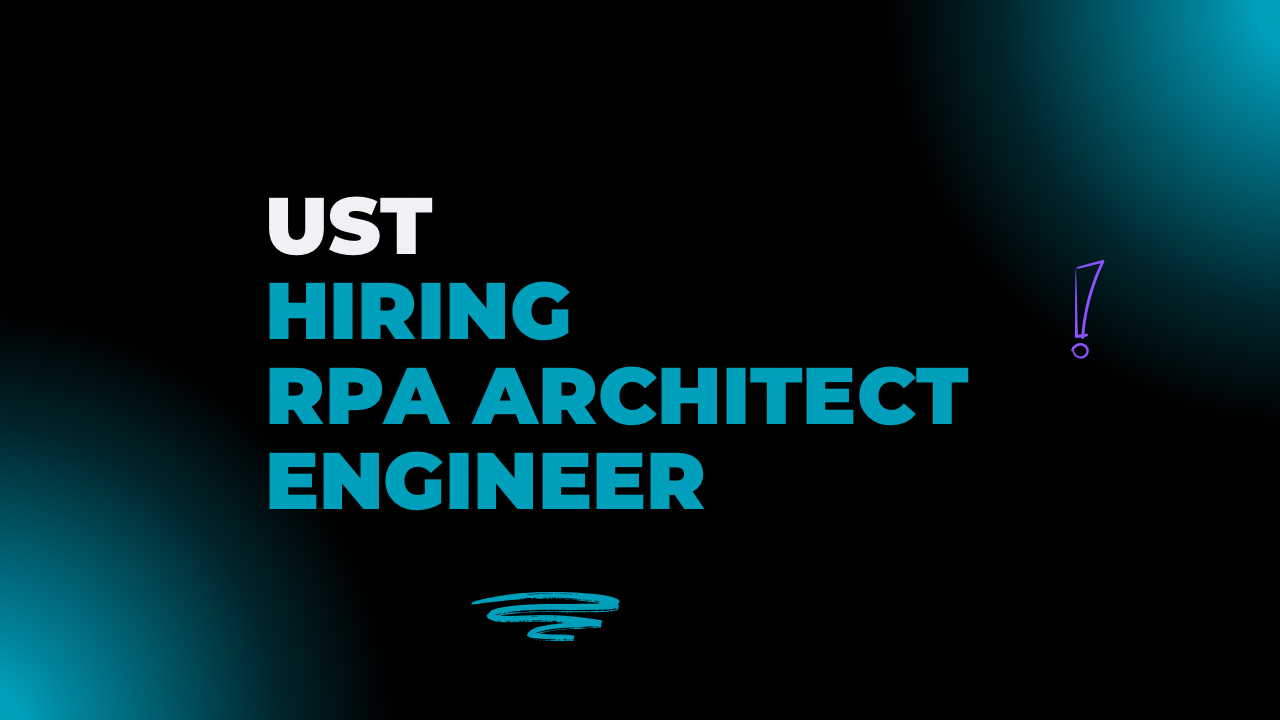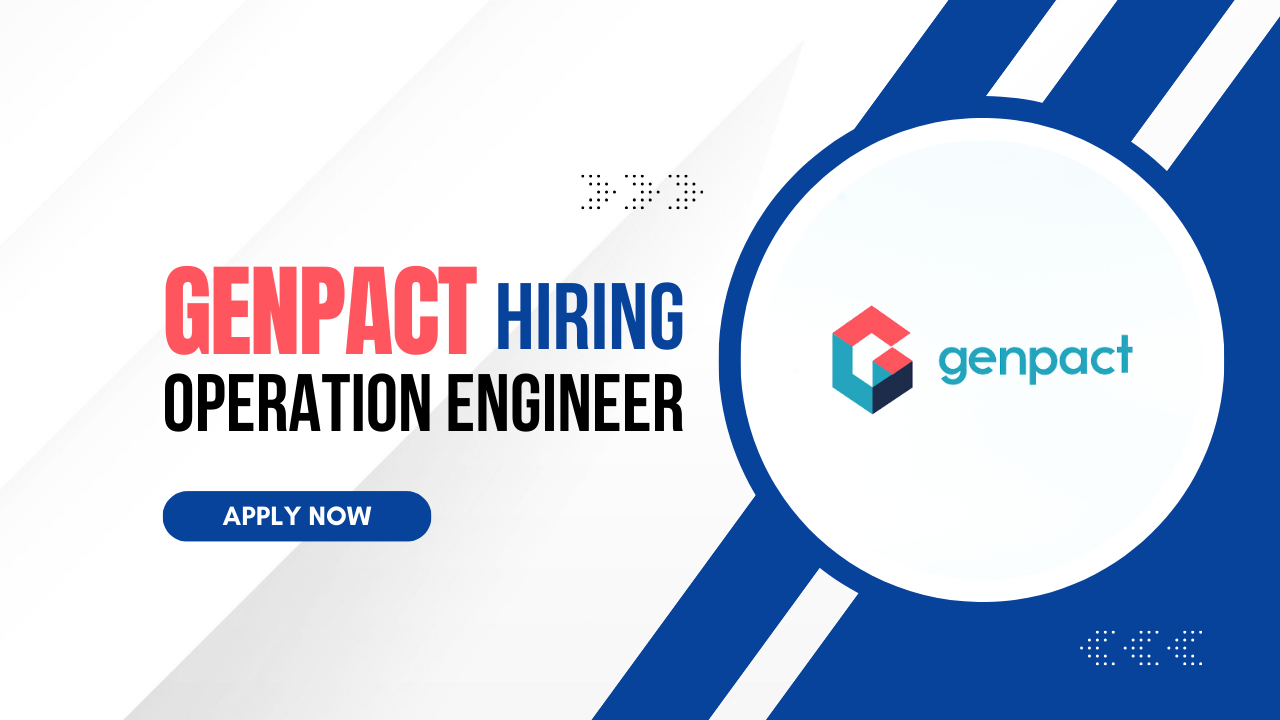Dataeaze Systems Recruitment Drive :-
DataEaze Systems Recruitment Drive 2024: Attention tech enthusiasts! 🚀 DataEaze Systems, based in Pune, is on the lookout for highly skilled professionals to join their dynamic team. If you’re a master in Core Java, Linux Shell Scripting, SQL, and Data Engineering, this opportunity is tailor-made for you! DataEaze is renowned for empowering organizations to harness the full potential of data, building cutting-edge analytics platforms in the modern big data ecosystem. This could be your chance to contribute to creating robust data platforms that power Scheduled ETL, BI, and real-time stream analysis. Head over to Kaabil Jobs now to explore the role of Data Engineer and get all the details you need to apply. Don’t miss out on the chance to elevate your career with one of the leaders in data innovation. Your journey towards shaping the future of data starts here! 🌟
𝐏𝐚𝐲 𝐀𝐟𝐭𝐞𝐫 𝐏𝐥𝐚𝐜𝐞𝐦𝐞𝐧𝐭 𝐓𝐫𝐚𝐢𝐧𝐢𝐧𝐠 𝐏𝐫𝐨𝐠𝐫𝐚𝐦- 𝐆𝐞𝐭 𝐏𝐥𝐚𝐜𝐞𝐝 𝐈𝐧 𝐓𝐨𝐩 𝐌𝐍𝐂’
Overview
Qualifications
- Bachelor’s/University degree in Computer Science, Information Technology, or a related field, or equivalent experience.
- 1-5 years of relevant experience in data engineering, big data technologies, or related fields.
- Strong ability to retrieve, manipulate, and analyze data from various sources.
- Demonstrated analytical ability and problem-solving skills in complex technical environments.
- Hands-on experience working in a quantitative or technical field.
- Excellent communication and interpersonal skills, with a strong attention to detail and the ability to adapt in a dynamic work environment.
- Proven ability to build and maintain partnerships with cross-functional teams.
- Qulifications:
- This version emphasizes the technical and collaborative skills necessary for the Data Engineer role, aligning with the previous qualifications template.
Skills Required
- Core Java:
- Advanced-level competency.
- Experience in projects involving core Java development.
- Linux Shell:
- Advanced-level competency.
- Experience with Linux shell scripting.
- Proficient in important shell commands.
- RDBMS and SQL:
- Advanced-level competency in SQL query language syntax.
- Expertise in SQL aggregations, joins, and other query functions.
- Data Structures and Problem Solving:
- Ability to use appropriate data structures effectively.
- AWS Cloud:
- Experience with AWS serverless toolset (Good to have).
- Familiarity with AWS infrastructure.
- Data Engineering Ecosystem:
- Knowledge of data engineering, ETL, and data warehouse (any toolset) (Good to have).
- Hadoop, HDFS, YARN:
- Introduction to the internal workings of these toolsets.
- Hive, MapReduce, Spark:
- Experience with Hive queries, MapReduce job implementation, and Spark job implementation (Good to have).
- Spark implementation in Scala is a plus.
- Airflow, Oozie, Sqoop, Zookeeper, Kafka:
- Knowledge about the purpose and working of these technology toolsets (Good to have).
- Working experience is a plus.
- Other Desired Skills:
- Hadoop
- Spark
- Apache Hive
- SQL
- Linux/Unix
Job Description:-
As a Data Engineer at DataEaze Systems, you will play a crucial role in developing, optimizing, and maintaining our data architecture. Your work will involve handling complex data systems and implementing robust solutions to empower data-driven decision-making within the organization. Responsibilities include:
- The Data Engineer is a key role in our tech team.
- Applies advanced knowledge in designing, building, and maintaining data pipelines and infrastructure.
- Identifies inefficiencies in data processes and recommends improvements.
- Analyzes and interprets large data sets, ensuring accuracy and consistency.
- Develops and implements data structures, ETL processes, and database solutions to meet business needs.
- Integrates deep technical expertise with a solid understanding of industry best practices.
- Collaborates effectively with cross-functional teams to achieve shared goals.
- Maintains a strong understanding of emerging trends in data engineering and big data ecosystems.
- Directly contributes to the performance and scalability of our data platforms.
- Impact of the job holder is focused on ensuring the reliability and efficiency of our data operations.
Dataeaze Systems Recruitment Drive Application Process:-
Apply In Below Link
Apply Link:- Click Here To Apply (Apply before the link expires)
Note:– Only shortlisted candidates will receive the call letter for further roundsTop MNC’s Hiring Across India , Upload Your Resume
Join Us For Regular Job Updates



